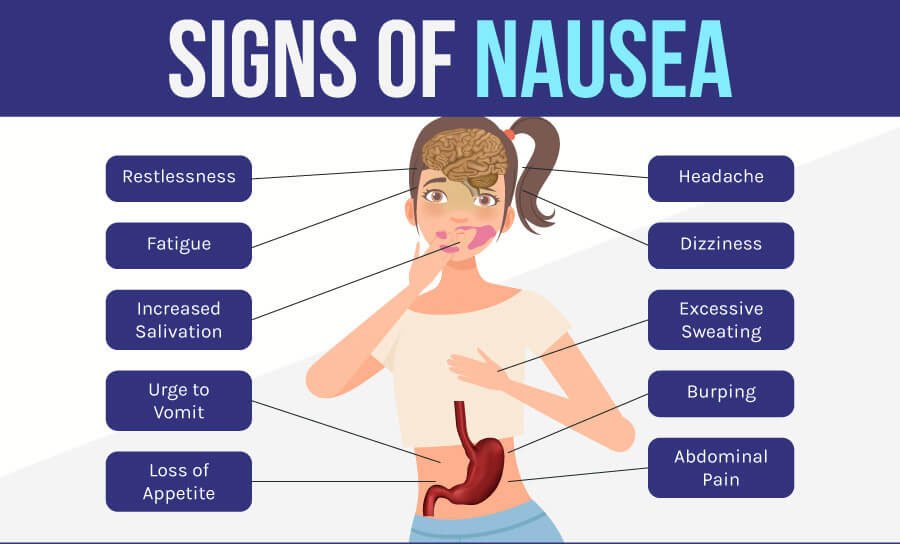How to use Semaglutide to lose weight

Overview
GLP-1 agonists are fairly new with Semaglutide (Ozempic) being the most common and popular. This comes in the form of subcutanous injection, but there’s also Rybelsus which is available as a pill.
Medically, GLP-1 agonists are used to improve glycemic contrlol in adults with type-2 diabetes. They have also been prescribed to treat binge eating disorders and are successful at reducing food cravings.
They work by increasing hormones called incretins, which help the body produce insulin when it’s needed and reduce the amount of glucose produced by the liver when it’s not needed. They reduce the rate at which the stomach empties, reducing appetite.

The injectable version has a long half life and of 7 days, meaning that it can be dosed once a week.
Due to semaglutide currently being under patent, which is scheduled to expire in 2026, market price can be fairly high and can range from $80-$930 per pre-filled pen.
Effectiveness
Users report that it can be extremely effective – to the point where it can be hard to eat at all. Appetite is very muted and diminished, even during prolonged and/or significant calorie deficits.
Semaglutide can make adhering to their caloric deficit targets much easier and with minimal effort or cravings for food.
Due to the efficacy and how reliable semaglutide is at reducing food intake, semaglutide can reliably allow users to drop 20lbs/9kg per 12 week cycle.
Semaglutide dosing
If you do want to experiment with semaglutide to aid in fat loss. I would suggest starting at 0.1mg for the first week via subcutanous injection and assessing response. It can be gradually increased as long as dosage is tolerated well.
A typical cycle of injectable semaglutide (ozempic) would look like this:
| Week | Dosage |
| 1 | 0.1mg/week |
| 2-3 | 0.25mg/week |
| 4-6 | 0.5mg/week |
| 7-9 | 0.75mg/week |
| 10-12 | 1mg/week |
It’s very important to note that a lower dose can certainly be maintained throughout the whole cycle, if you feel like it’s doing its job and are worried about side effects, or have experienced side effects at a higher dose.
Some people find that there’s no need to escalate dosage as you go.
Semaglutide side effects
The most common side effect is nausea. Certain foods can trigger this, but its extent is very individualistic. Nausea tends to be at its worst when users first start, or bump up the dose.

Dizziness and feeling lightheaded can be a problem for some users. If you do experience this side effect, take extra care with things like getting out of a bath or standing up too quickly.
Almost all users report a significant reduction in energy levels, which is as expected during such consistent caloric deficits. However it can make day to day life more challenging – particularly if you have a physical job, and are trying to maintain strength with a regular training routine.
Semaglutide can make staying hydrated more of a challenge because hunger signalling can be altered, so being more mindful and keeping on top of electrolytes is critical.
Before you consider use, be thorough and check for potential drug interactions between semaglutide and anything you currently take.
Check interactions here – https://www.drugs.com/drug-interactions/semaglutide.html
In conclusion
I think semaglutide can be a very potent addition to a fat loss phase and can trivialise dieting and resisting urges to eat.
The two major drawbacks most people tend to have, are that it’s expensive to use and requires at minimum, a weekly injection.
Semaglutide appears relatively benign, but GLP-1 agonists are fairly new to market and therefore it’s impossible to really say what long term side effects could be. So if you are interesting in using it, then it’s worth keeping up to date on scientific literature as more research is conducted.
Check out my other guides on fat burners here


